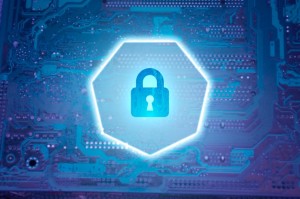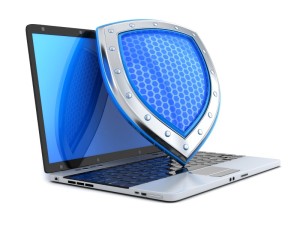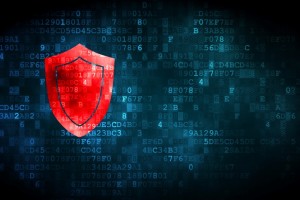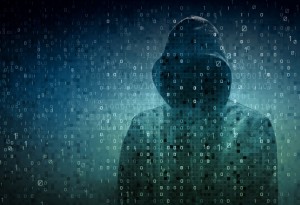
While anti-virus software is a great way to protect your information, your data security plan should go deeper.
As businesses and individuals, we often install anti-virus software as a means to protect our data. We have digital files that are important and contain crucial information that we don’t want in the hands of anyone else and anti-virus software ensures malicious software won’t make its way onto our PC and into the hands of hackers. That is true for personal computers and business computers. At home we sometimes store passwords, tax records and other important data on our computer. At work we may have customer data that would create a major liability if shared with anyone else. Protecting this data is essential and anti-virus software creates a strong line of defense. However, data security goes well beyond your anti-virus software and here’s why.
Viruses are just one way to infiltrate data
Hackers probably consider viruses the best way to infiltrate data and that is because once installed, there is little you can do to keep them out of your files and other important data. However, viruses are just one way that hackers and criminals infiltrate data. While they may be effective and that is why you often hear of the importance of anti-virus software, they are not the only means of getting to your data and that is why it is important to protect yourself in a variety of other ways.
Use data encryption – it’s easy and quick
There are tons of data encryption tools that can be used to encrypt data on your hard drive. If you ask around, barely anyone, even businesses, use data encryption to the degree that they should. Data encryption is easy and quick thanks to the software out there that does it. Programs like TrueCrypt are designed to encrypt your hard drive, flash drives or even external storage devices. If someone were to get their hands on your computer or hard drive, they would not be able to view the files without knowing your encryption password. Essentially, data encryption ensures that everything a criminal could get their hands on would be useless.
Use strong passwords
There’s a reason websites require use of numbers, special characters and capital letters in your passwords and it’s not just to frustrate you by making you forget your passwords constantly. Strong passwords are hard to decode and programmers that make password decoders are very efficient at what they do. It literally takes just minutes to code a script that tests numerous words and phrases as your password. If a hacker has your username, they could probably crack a simple password in a matter of minutes provided that the website doesn’t have security in place for failed login attempts. Using strong passwords is your first line of defense.
Use 2-step authentication
Google has recently introduced a 2-step verification and authentication method that is extremely effective. It makes it so that your Google account can’t be hacked into without the hacker having possession of your smartphone. How? Google sends a 6 digit code that is generated every 30 seconds to your smartphone and uses that to authenticate your login attempt. There is no way to access the code unless the hacker had access to your mobile device. Essentially, even if someone obtained your password they would still be locked out of your account. More and more sites are starting to implement 2-step authentication and if you have important data on those sites, you should use it. Paypal does the same thing with their “Paypal Security Key” which is transmitted through text messages.
Secure your internet/network
Everyone knows why you secure your WiFi. You don’t want anyone using it. Most people would say because they don’t want someone else slowing down their internet or using the bandwidth they pay for. However, there’s also the risk that someone could infiltrate your network and access data. If your network is unsecured, they could access your router settings using your IP address and lock you out of your own router. Anything connected to your network would be within reach. Network security is extremely important and easy to do with the WPA2 and and WEP network security options that most routers use.
Backup your data
Data loss can be just as crippling as data ending up in the hands of the wrong person. Make sure you backup your data regularly. There are online services that provide data backup for low costs or you can regularly backup your hard drive to an external drive yourself.
Data security goes well beyond your anti-virus software and there’s a number of things you can do to protect your data. If you have any questions, please contact us.


